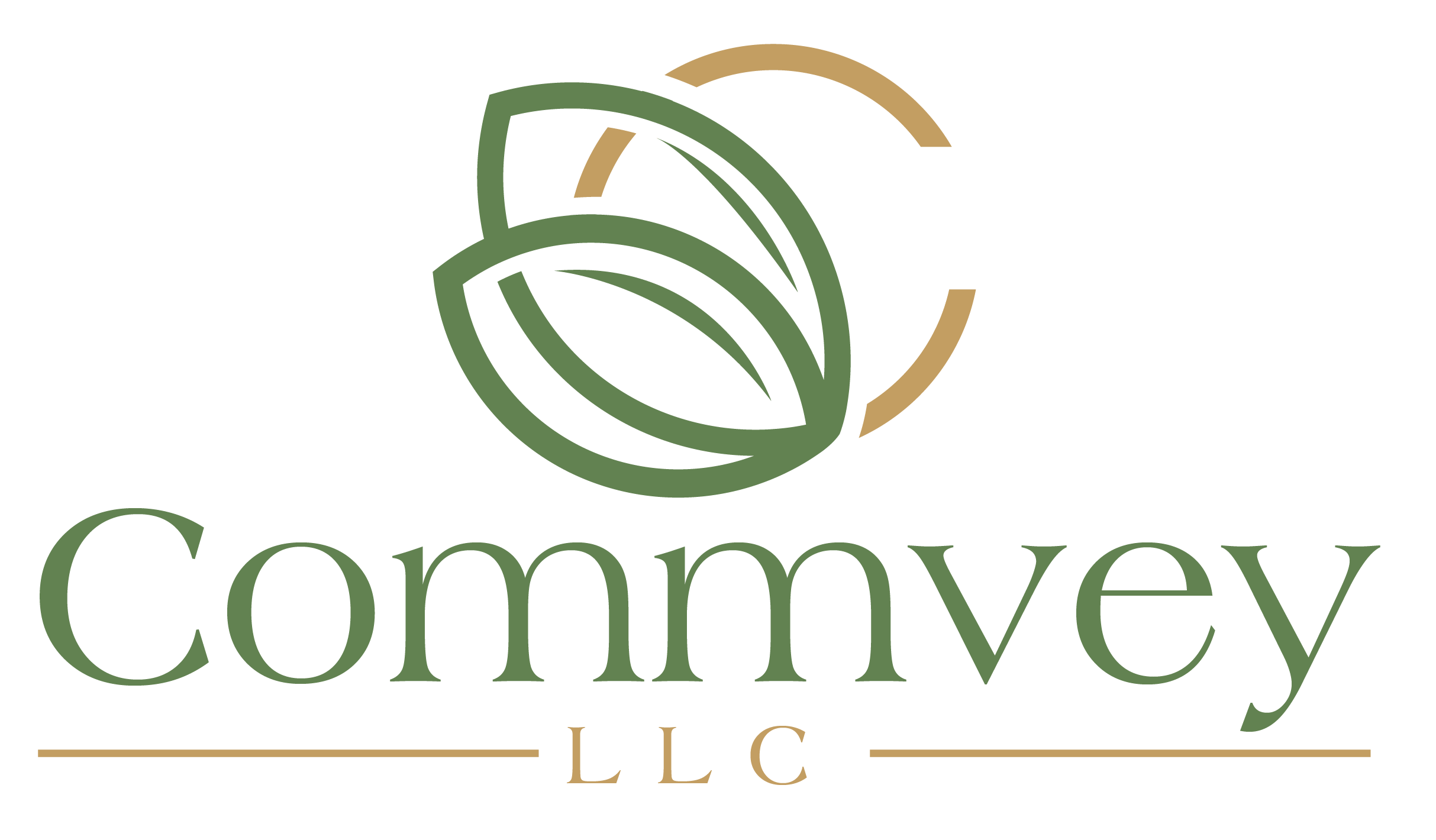
Every job comes with a learning curve—and let’s be real, no role ever stays the same. Whether you’re starting fresh or growing in place, ongoing learning and development are essential to building an organization that’s not just functional, but future-ready.
In the nonprofit and advocacy space, the stakes are even higher. Our work is constantly shifting based on current events, legislation, culture, and lived experiences. So, if we’re trying to create a more just world, professional development can’t be an afterthought—it has to be part of the plan.
Organizations that truly embody JEDI (Justice, Equity, Diversity, and Inclusion) values know that investing in people is investing in impact. Here’s how to do it right.
Create a Professional Development Plan (PDP)
A Professional Development Plan is basically a roadmap for growth. It outlines actionable steps for achieving personal and professional goals—whether that’s gaining a new skill, earning a certification, or finding a mentor.
If you want retention, motivation, and staff who are actually excited to come to work? Make sure everyone has a PDP.
- It shows people they matter.
- It sets a clear vision for growth.
- It helps leadership see who’s ready for more responsibility.
When staff grow, the whole org levels up.
Build an Employee-to-Employee Learning Culture
Learning doesn’t have to come from the top down. In fact, some of the best knowledge is already sitting in the room.
Create opportunities for team members to teach each other:
- Skill shares
- Peer-to-peer trainings
- Internal lunch-and-learns
This kind of culture:
- Boosts morale
- Strengthens internal trust
- Gives people ownership over their development
- Helps identify rising leaders within your org
It’s also a smart, cost-effective way to keep the learning going without breaking your budget.
Share Your Development Plans with Funders
No, seriously—tell your funders.
Transparency about your internal priorities (like building a stronger team) shows that your organization is thoughtful, sustainable, and committed to long-term success.
It can also:
- Strengthen your credibility
- Open the door for funding support
- Show funders you’re preparing for success beyond the life of their grant
Funders want to know their dollars are going to orgs that grow people, not just programs.
Make Room for Informal Learning
Not all learning needs to come in the form of a structured training. Informal, low-stakes learning is just as valuable—and often easier to access.
Try things like:
- Brown bag lunches
- Department roundtables
- Office hours with internal “experts”
- Shared articles, toolkits, or resource libraries
It’s less about polished presentation and more about fostering curiosity and normalizing growth. This helps maintain a culture of learning and shows staff they’re supported as whole humans, not just job titles.
Final Thoughts: This Is the Movement
Professional development isn’t fluff—it’s a JEDI practice. It’s about equity. It’s about creating space for people to grow, be challenged, and thrive.
Empowered people empower others. So if you want your org to create meaningful change out in the world, it starts inside—with a culture that values learning, listening, and leveling up together.
Want to learn more?
Schedule time with us


